Home>Articles>What Is More Expensive Quartz Or Granite Countertops
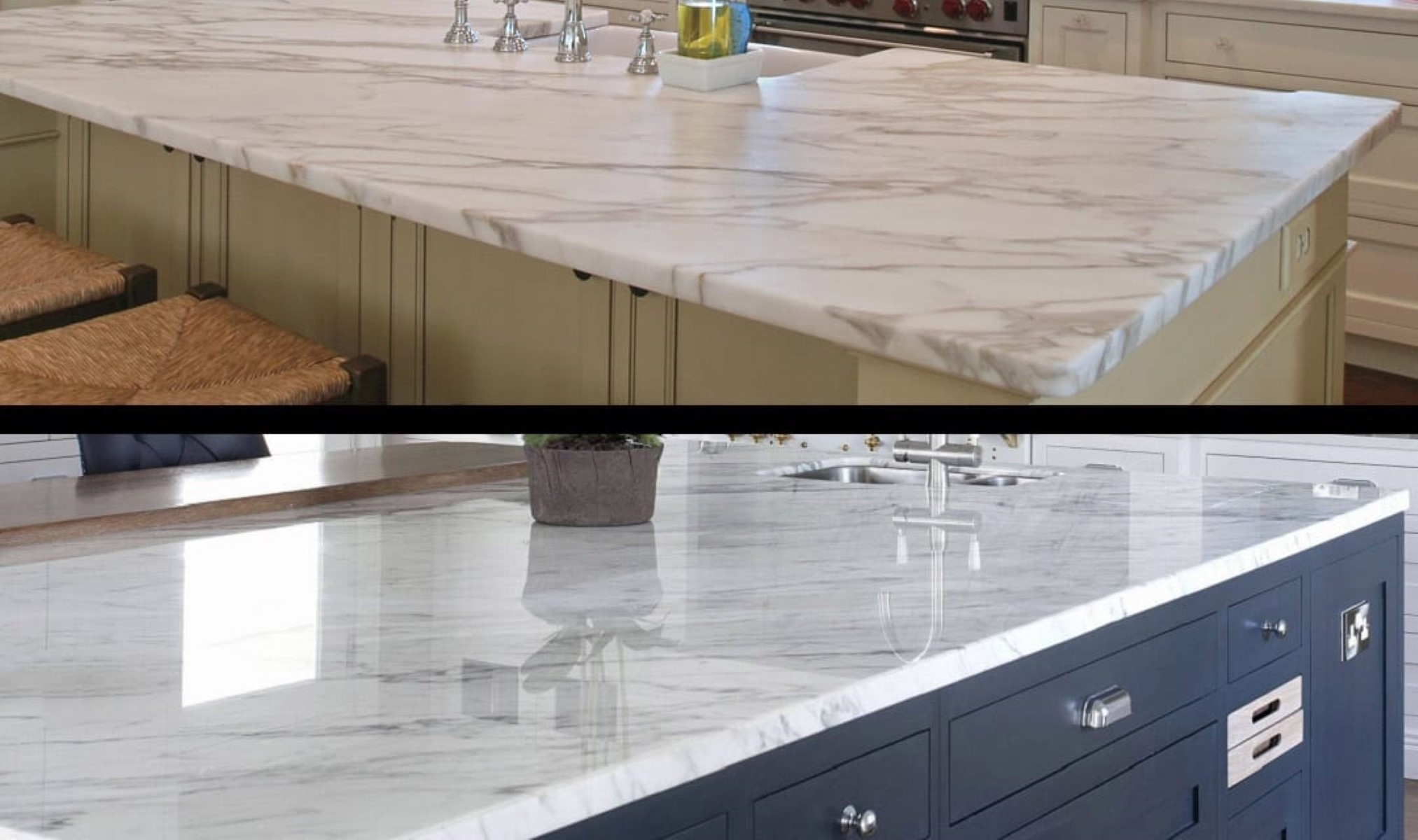

Articles
What Is More Expensive Quartz Or Granite Countertops
Modified: February 24, 2024
Find out which is more expensive between quartz and granite countertops in this informative article. Compare pricing and make an informed decision for your kitchen renovation project.
(Many of the links in this article redirect to a specific reviewed product. Your purchase of these products through affiliate links helps to generate commission for Storables.com, at no extra cost. Learn more)
Introduction
When it comes to choosing the perfect countertops for your kitchen or bathroom, two popular options often come to mind: quartz and granite. Both materials offer durability, timeless beauty, and add value to your home. However, one question that often arises is, “Which one is more expensive: quartz or granite countertops?”
While the cost can vary based on various factors, this article aims to provide a comprehensive comparison of the cost between quartz and granite countertops. By understanding the cost factors and considering your specific needs and budget, you can make an informed decision that suits your style and financial constraints.
Let’s dive into the details and explore the cost comparison between quartz and granite countertops.
Key Takeaways:
- Quartz countertops offer durability, low maintenance, and a modern aesthetic, making them a popular choice despite a higher price point compared to granite. Their long-term value and versatility make them a sound investment for homeowners.
- While granite countertops boast natural beauty and timeless elegance at a relatively lower cost, they require regular sealing and may be more prone to chips and cracks. The unique patterns and enduring appeal of granite add value and luxury to any home.
Cost Comparison
When it comes to comparing the cost of quartz and granite countertops, it is important to consider several factors. These factors include the price per square foot, installation costs, maintenance expenses, and potential resale value.
Quartz countertops typically range in price from $50 to $120 per square foot, including installation. On the other hand, granite countertops generally fall within the $40 to $100 per square foot range, including installation. However, it’s worth noting that prices can vary depending on the brand, location, and specific design choices.
Installation costs for both quartz and granite countertops can also differ. Quartz countertops are usually easier to install because they are fabricated off-site. This results in fewer installation materials and labor hours, which can help reduce overall installation costs. Granite countertops, on the other hand, require on-site fabrication, which may lead to higher installation expenses.
Maintenance expenses can also impact the overall cost. Quartz countertops are known for their low maintenance requirements, as they are non-porous and resistant to stains and bacteria. On the contrary, granite countertops require regular sealing to maintain their durability and prevent staining. The cost of purchasing sealants and performing the sealing process adds to the overall maintenance expenses of granite countertops.
Lastly, the potential resale value of your home should be considered when comparing the costs of quartz and granite countertops. Quartz countertops are highly popular among homebuyers due to their durability, aesthetics, and low maintenance requirements. This can be a significant selling point and potentially increase the resale value of your home. Granite countertops also offer appeal but have become more commonplace, making quartz a trendy and sought-after choice in today’s market.
Ultimately, the cost comparison between quartz and granite countertops depends on various factors and individual preferences. It is essential to evaluate your budget, desired aesthetics, and long-term maintenance requirements to make an informed decision.
Quartz Countertops
Quartz countertops are engineered stone countertops made from a combination of natural quartz, resin, and pigments. This manufacturing process allows for a wide range of colors, patterns, and textures, giving you the flexibility to find the perfect match for your kitchen or bathroom.
In terms of cost, quartz countertops tend to be on the higher end compared to granite countertops. The price can be attributed to the advanced manufacturing techniques and the added benefits they offer. The average cost of quartz countertops, including installation, ranges from $50 to $120 per square foot.
One of the advantages of quartz countertops is their exceptional durability. They are highly resistant to stains, scratches, and heat. This makes them perfect for busy kitchens where spills and accidents are common. The non-porous nature of quartz countertops also makes them resistant to bacteria, mold, and mildew, ensuring a hygienic and easy-to-clean surface.
Another benefit of quartz countertops is their low maintenance requirements. Unlike granite countertops which require regular sealing, quartz countertops do not need any sealing or special care. Simply wiping them with a mild detergent and water is sufficient to keep them looking pristine.
Quartz countertops also offer a wide selection of colors and patterns, allowing you to achieve your desired aesthetic. Whether you prefer a solid color or a veined pattern that resembles natural stone, quartz countertops can provide the look you desire. Additionally, the engineered nature of quartz countertops ensures consistency in color and pattern, eliminating the need to select slabs and worry about variations.
While quartz countertops do come at a higher price point than granite, they offer long-term value due to their durability, low maintenance requirements, and timeless appeal. They can enhance the overall aesthetic of your kitchen or bathroom while providing a long-lasting and functional surface.
Now that we’ve explored the details of quartz countertops, let’s move on to granite countertops and compare their features and costs.
Granite Countertops
Granite countertops are natural stone countertops crafted from solid granite slabs. Granite is renowned for its stunning beauty and unique variations, making each countertop a truly one-of-a-kind piece. It is formed through the slow cooling and solidification of volcanic magma, resulting in a durable and heat-resistant material.
Compared to quartz countertops, granite countertops generally have a lower price range. The average cost of granite countertops, including installation, falls between $40 and $100 per square foot. However, it’s important to note that specific factors such as the rarity of the granite and custom design options can impact the overall cost.
One of the significant advantages of granite countertops is their timeless appeal. The natural beauty of granite, with its intricate patterns and unique color variations, adds elegance and sophistication to any kitchen or bathroom. Each slab of granite is a work of art, showcasing the earth’s natural formations and bringing a touch of nature into your space.
Granite countertops are also highly durable and heat-resistant. They can withstand high temperatures without warping or discoloration, making them perfect for avid cooks and culinary enthusiasts. Additionally, granite is scratch-resistant, but it is recommended to use cutting boards to protect the surface and extend its lifespan.
However, granite countertops do require regular sealing to prevent staining and to maintain their longevity. The porosity of natural granite makes it susceptible to absorbing liquids and oils, which can lead to permanent discoloration. By applying a high-quality sealant every 1 to 2 years, you can protect your granite countertops and ensure their beauty remains intact.
Like quartz countertops, granite countertops come in a variety of colors and patterns. Each slab has its own unique features, providing you with endless possibilities to create a stunning focal point in your kitchen or bathroom. From classic black and white options to exotic and vibrant hues, there is a granite countertop to suit every style and taste.
In summary, granite countertops offer a beautiful and natural option for your kitchen or bathroom. Although they require periodic sealing, they provide exceptional durability and timeless elegance at a relatively lower cost compared to quartz countertops.
Now that we have explored both quartz and granite countertops, let’s delve into the factors that can impact the cost of these countertops.
Factors Affecting Cost
When comparing the cost of quartz and granite countertops, it’s important to consider several factors that can impact the overall price. By understanding these factors, you can make an informed decision that suits your budget and style preferences.
1. Quality and Brand: The quality of the materials used and the reputation of the brand can greatly affect the cost. Well-known and established brands may have higher prices due to their credibility and commitment to quality.
2. Size and Thickness: The size and thickness of the countertops can impact the cost. Larger countertops require more materials, increasing the overall expense. Additionally, thicker countertops, which are often desired for their robust appearance, can add to the price due to the additional material required.
3. Design and Complexity: Intricate designs, edge profiles, and customizations can add to the cost of both quartz and granite countertops. The more complex the design, such as curved edges or unique shapes, the more labor and precision required, resulting in higher costs.
4. Availability and Rarity: The availability of certain quartz or granite options can affect the price. Rare or exotic types of granite with unique patterns or colors can be more expensive due to their limited supply and high demand.
5. Location and Supplier: The location of the supplier, as well as the local market conditions, can influence the cost of the countertops. Prices may vary from region to region, so it’s worth exploring different suppliers and comparing prices to ensure you get the best deal.
6. Additional Features: Optional features such as sinks, backsplashes, and decorative elements can contribute to the overall cost. Including these features in your countertop installation may incur additional expenses.
7. Installation: The cost of installation can vary depending on the complexity of the project and the labor involved. Factors such as removing old countertops, plumbing adjustments, and customization requests can add to the installation cost.
It’s important to consider these factors and prioritize your preferences when comparing the cost of quartz and granite countertops. By discussing your budget and requirements with a professional countertop installer or supplier, you can get a more accurate estimate tailored to your specific project.
Now that we have examined the factors that can influence the cost, let’s explore other factors to consider when choosing between quartz and granite countertops.
Quartz countertops are generally more expensive than granite countertops due to their higher manufacturing costs and greater design versatility. However, the final price will depend on factors such as brand, quality, and installation.
Read more: What Are Quartz Countertops
Durability and Maintenance
When it comes to choosing between quartz and granite countertops, understanding their durability and maintenance requirements is crucial. Both materials offer exceptional longevity, but they do have some differences in terms of maintenance needs.
Quartz countertops are known for their outstanding durability. They are made with a high percentage of natural quartz, which is one of the hardest minerals on Earth. This makes quartz countertops highly resistant to scratches, chips, and cracks. They can withstand the rigors of daily use and are less prone to accidental damage from dropped objects or sharp utensils.
Granite countertops are also durable, thanks to the natural strength and density of the stone. However, granite can be more susceptible to chips and cracks due to its natural structure. While rare, heavy impacts or mishandling can potentially cause damage to the surface. It’s important to use cutting boards and avoid dropping heavy objects on the countertops to maintain their longevity.
In terms of maintenance, quartz countertops are relatively low maintenance. They are non-porous, meaning they do not absorb liquids or stains. This property makes quartz countertops highly resistant to spills from common household items like wine, coffee, and oil. Regular cleaning with mild soap and water is sufficient to keep them looking pristine. Additionally, due to their non-porous nature, quartz countertops are naturally resistant to bacteria, mold, and mildew growth, making them a hygienic option for kitchens and bathrooms.
Granite countertops, being a natural stone, require some additional maintenance to keep them in optimal condition. Granite, unlike quartz, is porous and can absorb liquids and oils if not properly sealed. It is recommended to seal granite countertops every 1 to 2 years to maintain their stain resistance. Additionally, acidic substances like citrus juices and vinegar should be wiped up promptly to avoid potential etching on the surface.
Regular cleaning of granite countertops involves using a mild dish soap and water solution. Harsh chemicals and abrasive cleaners should be avoided, as they can damage the sealant and surface of the granite. With proper maintenance and sealing, granite countertops can retain their beauty and durability for many years.
Both quartz and granite countertops offer exceptional durability, but quartz has the advantage of being non-porous and requiring minimal maintenance. However, proper care and maintenance can ensure the longevity of both countertop materials, allowing you to enjoy a beautiful and functional surface for years to come.
Next, let’s explore the importance of appearance and aesthetics when choosing between quartz and granite countertops.
Appearance and Aesthetics
When it comes to choosing countertops, appearance and aesthetics play a significant role. Both quartz and granite countertops offer stunning visual appeal, but they have their unique characteristics that can influence your design decisions.
Quartz countertops are engineered stone countertops, allowing for a wide range of colors, patterns, and textures. The manufacturing process of quartz countertops involves combining natural quartz with resin and pigments, resulting in a surface that can mimic the look of natural stone or offer bold, vibrant colors that may not be found in nature. This versatility allows you to find the perfect quartz countertop that matches your preferred style and complements your overall interior design. Whether you prefer the classic look of marble or the modern appeal of a solid color, quartz countertops have countless options to suit your aesthetic preferences.
Granite countertops, being natural stone, offer a unique and one-of-a-kind appearance. Each granite slab has its own distinct pattern, color variations, and veining, providing an authentic and natural beauty to your space. The rich and intricate designs created by Mother Nature add a sense of luxury and elegance to any kitchen or bathroom. From the classic beauty of white and gray granite to the striking patterns of exotic colors, granite countertops make a statement and create a focal point in your home.
One consideration when it comes to appearance is the consistency of patterns and colors. Quartz countertops, being engineered, offer consistent patterns throughout the surface. This means that you can choose a countertop based on a sample and be confident that the entire surface will have a uniform appearance. In contrast, granite countertops can vary in terms of patterns and colors, even within a single slab. Some may appreciate the uniqueness and natural variations, while others may prefer a more consistent look.
Ultimately, the choice between quartz and granite countertops when it comes to appearance and aesthetics depends on your personal style. If you prefer a wide range of color options, consistency in patterns, and the ability to create a specific design, quartz may be the better choice for you. On the other hand, if you are drawn to the natural beauty and uniqueness of granite, and appreciate the complexity of its patterns, then granite countertops may be the perfect fit for your space.
Next, let’s explore the installation process and its impact on cost and convenience.
Installation Process
The installation process is an important consideration when choosing between quartz and granite countertops. While both materials require professional installation, there are some differences in the process that can affect cost, convenience, and timing.
Quartz countertops are typically easier and faster to install compared to granite countertops. This is because quartz countertops are fabricated off-site, meaning they are pre-cut and shaped according to your specific measurements before being transported to your home. The installation process involves securing the countertops to the cabinetry or base, and any necessary adjustments are made on-site. This streamlined installation process can save time and minimize disruption in your home.
In contrast, granite countertops require on-site fabrication. The process involves cutting and shaping the granite slabs to fit your specific measurements directly in your home. This on-site fabrication adds an additional step to the installation process and requires the presence of experienced installers who can accurately measure and cut the granite slabs. Additionally, any adjustments or modifications needed to fit the countertops correctly are done on-site, which may result in a longer installation time compared to quartz countertops.
Both quartz and granite countertops require the expertise of professional installers. It’s essential to hire experienced professionals who specialize in countertop installations to ensure a proper and precise installation. They will carefully handle the countertops, align them correctly, and secure them in place to ensure a sturdy and long-lasting installation.
During the installation process, it is common for sinks, faucets, and cooktops to be installed as well, depending on your kitchen or bathroom design. Collaborating with the installers and discussing your specific needs and preferences can help ensure that all necessary elements are installed correctly and to your satisfaction.
The cost of installation can vary based on factors such as the complexity of the project, the location, and any additional customizations or modifications required. It is recommended to obtain quotes from reputable installers and discuss any specific requirements or concerns before finalizing the installation process.
Considering the installation process is essential when choosing between quartz and granite countertops. Quartz countertops generally offer a quicker and more streamlined installation process, while granite countertops require on-site fabrication and may take longer to install. By understanding these differences, you can plan accordingly and make an informed decision based on your timeline and convenience.
Finally, let’s explore the potential resale value of quartz and granite countertops.
Resale Value
When investing in new countertops, it’s important to consider the potential impact on the resale value of your home. Both quartz and granite countertops are highly sought-after by homebuyers and can significantly enhance the appeal and value of your property.
Quartz countertops have gained immense popularity in recent years and have become a desirable feature in modern homes. Homebuyers appreciate the durability, low maintenance, and aesthetic versatility of quartz countertops. Choosing quartz for your kitchen or bathroom can be seen as a valuable selling point, as it offers a sleek and sophisticated look that appeals to a wide range of tastes. With quartz countertops, you can potentially increase the resale value of your home and attract more potential buyers who appreciate the benefits of this durable and stylish surface.
Similarly, granite countertops have long been admired for their natural beauty and timeless elegance. They add a touch of luxury to any space and can make a strong visual impact on potential buyers. Granite countertops are often associated with high-end homes and are viewed as a premium feature. Choosing granite for your kitchen or bathroom can enhance the overall aesthetic appeal of your home and potentially increase its resale value.
It’s important to note that while both quartz and granite countertops can enhance the resale value of your home, the specific impact may vary depending on factors such as the local real estate market and the overall condition and style of your property. Additionally, choosing the right color and pattern that appeals to a broad range of buyers is crucial to maximize the potential resale value.
When considering the resale value, it’s important to also take into account the overall appeal and functionality of your kitchen or bathroom. Countertops are just one component of these spaces, and a cohesive and well-designed layout will have a more significant impact on the overall value of your home.
Ultimately, both quartz and granite countertops can positively contribute to the resale value of your home. The choice between the two depends on your personal preferences, budget, and the overall aesthetic you want to achieve.
To conclude, whether you choose quartz or granite countertops, you can make a sound investment that not only enhances the beauty and functionality of your space but also adds value to your home.
If you’re still unsure about which option is best for you, it’s recommended to consult with a trusted countertop professional who can provide expert advice based on your specific needs and preferences.
Read more: What Are Granite Countertops
Conclusion
Choosing between quartz and granite countertops can be a challenging decision, as both materials offer unique advantages and considerations. By examining the cost, durability, maintenance, appearance, installation process, and potential resale value, you can make an informed choice that aligns with your needs, preferences, and budget.
Quartz countertops, with their wide range of colors, patterns, and textures, offer versatility and a modern aesthetic. They are highly durable, require minimal maintenance, and can enhance the overall value of your home. While they may come at a higher price point compared to granite, their long-term value and low upkeep costs make them a popular choice among homeowners.
Granite countertops, with their natural beauty and unique patterns, add a touch of elegance and luxury. While they require regular sealing and may be more prone to chips and cracks, they offer an enduring appeal that can significantly enhance the aesthetics and value of your home. Granite countertops can provide a one-of-a-kind look that cannot be replicated by other materials.
Ultimately, the decision comes down to personal preference, budget, and the specific requirements of your kitchen or bathroom. It’s essential to consider factors such as cost, durability, maintenance, appearance, installation process, and potential resale value before making a final decision.
Consulting with a professional countertop installer or supplier is highly recommended, as they can provide expert advice and help you navigate the selection process. They will consider your specific needs, offer customized solutions, and guide you towards the best choice for your home.
Whether you choose quartz or granite countertops, you can be confident that you are investing in high-quality and durable surfaces that will enhance the beauty and functionality of your space. Both options offer a timeless appeal, adding value to your home and providing enjoyment for years to come.
So, weigh your options, consider your preferences, and make the decision that feels right for you. With the perfect countertops in place, you can create a stunning and functional kitchen or bathroom that reflects your unique style and enhances the overall value of your home.
Frequently Asked Questions about What Is More Expensive Quartz Or Granite Countertops
Was this page helpful?
At Storables.com, we guarantee accurate and reliable information. Our content, validated by Expert Board Contributors, is crafted following stringent Editorial Policies. We're committed to providing you with well-researched, expert-backed insights for all your informational needs.
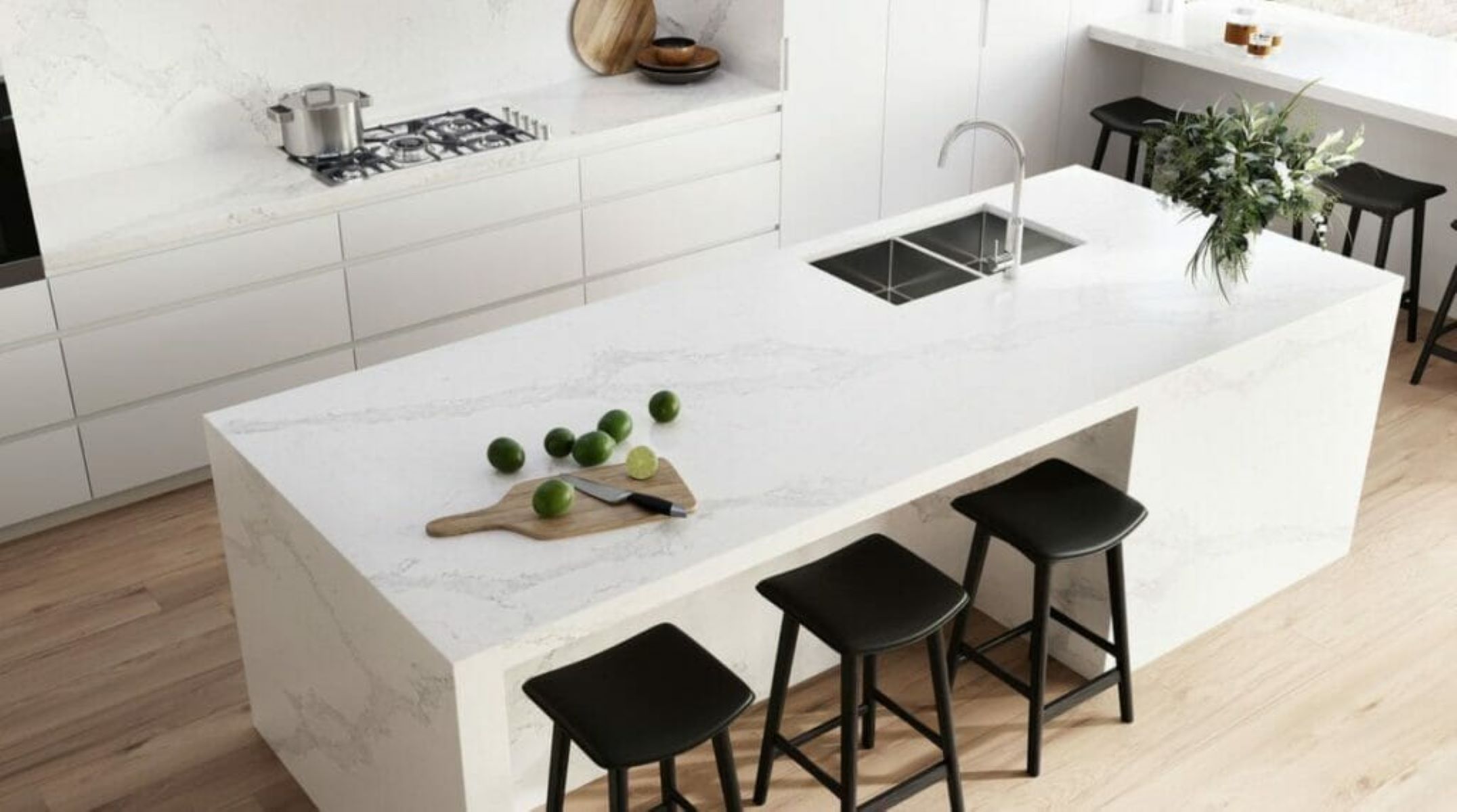
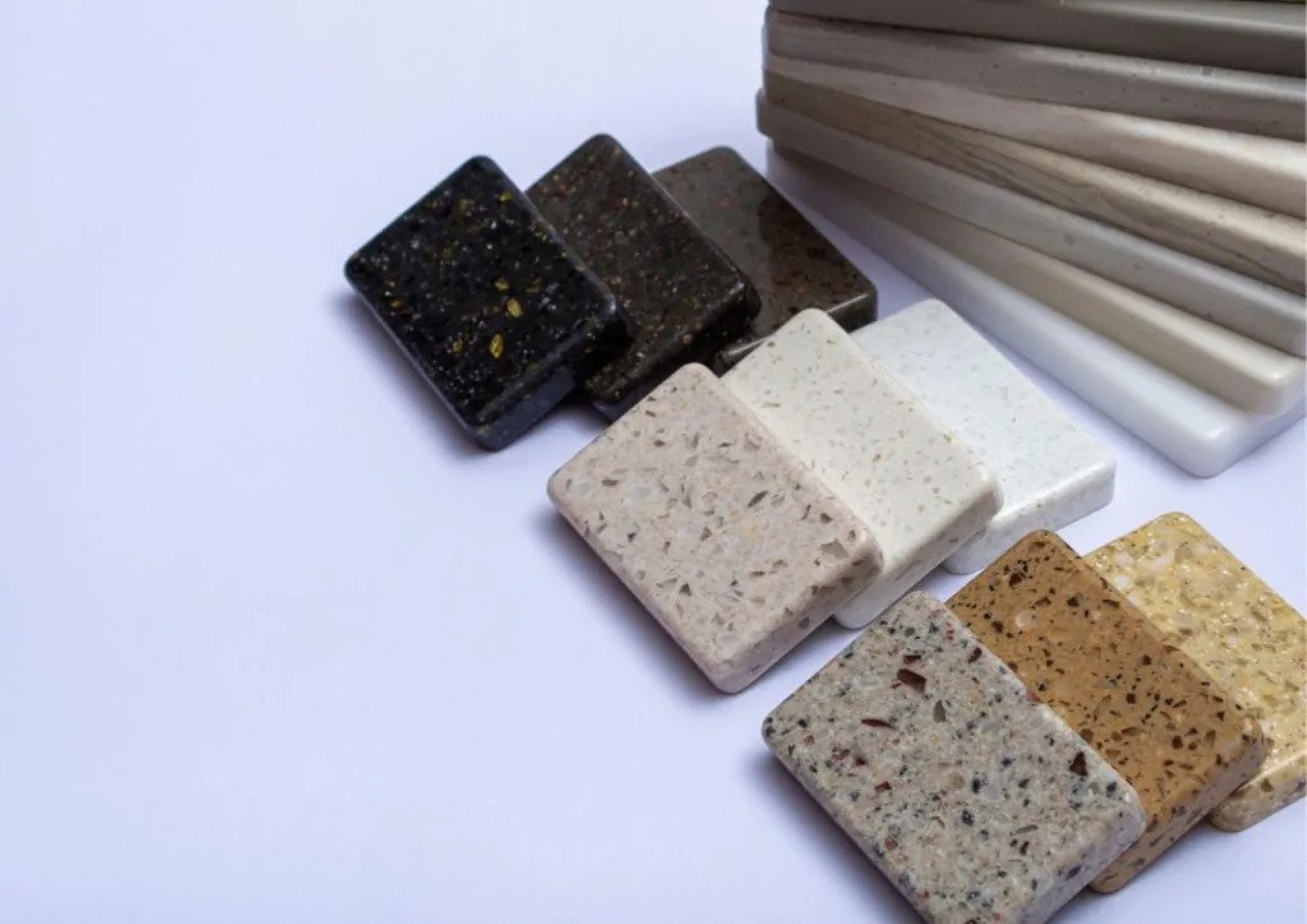
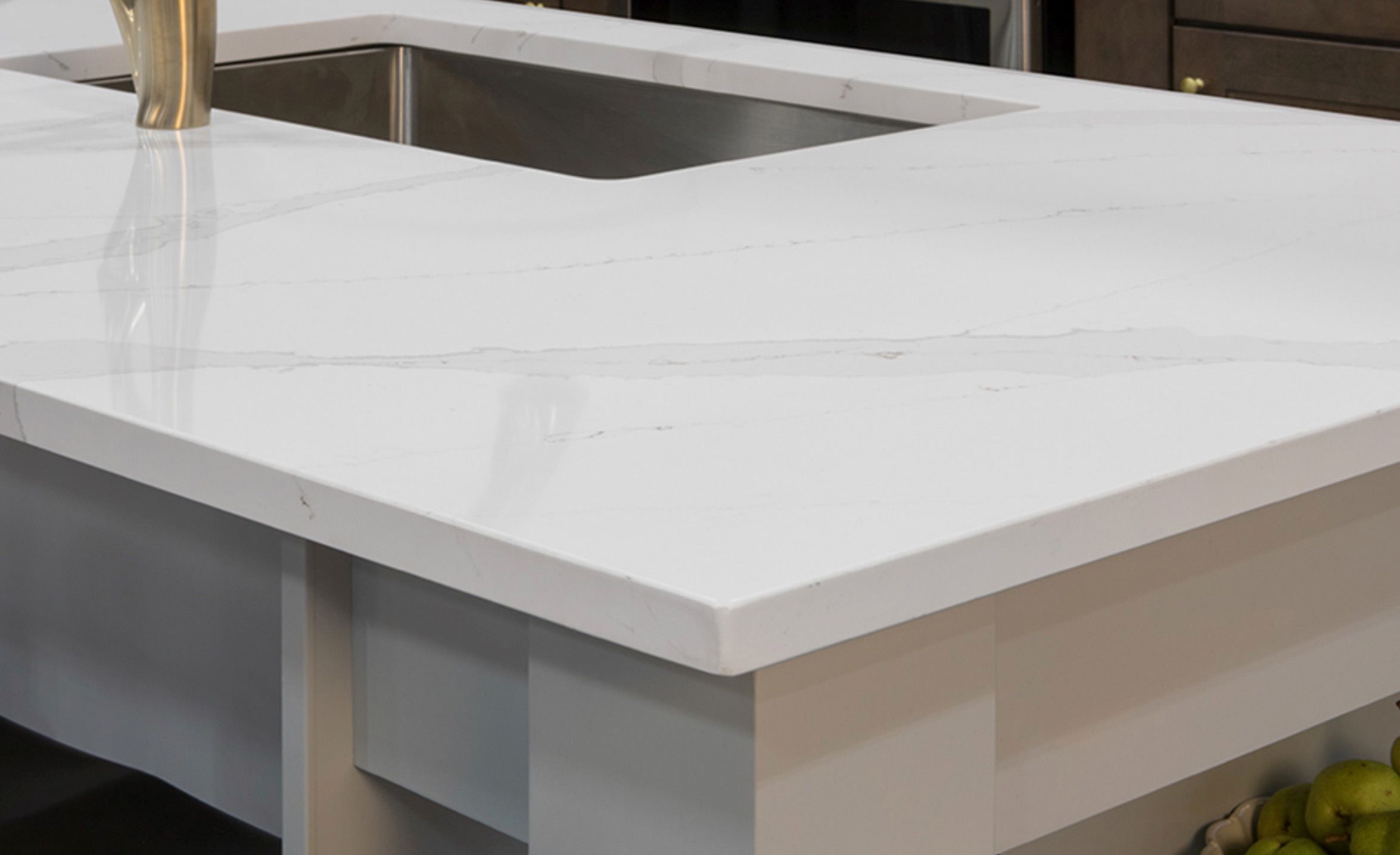
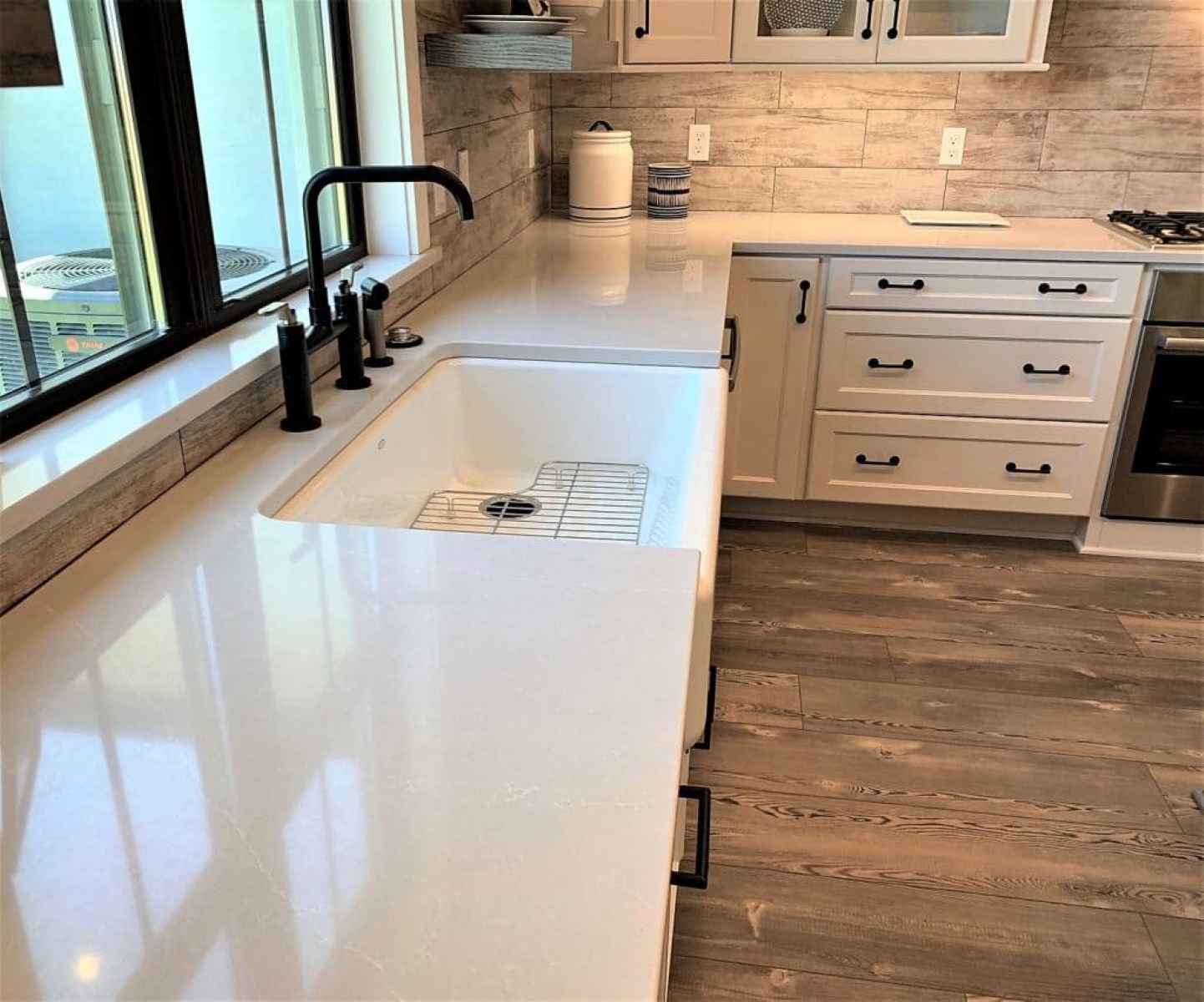
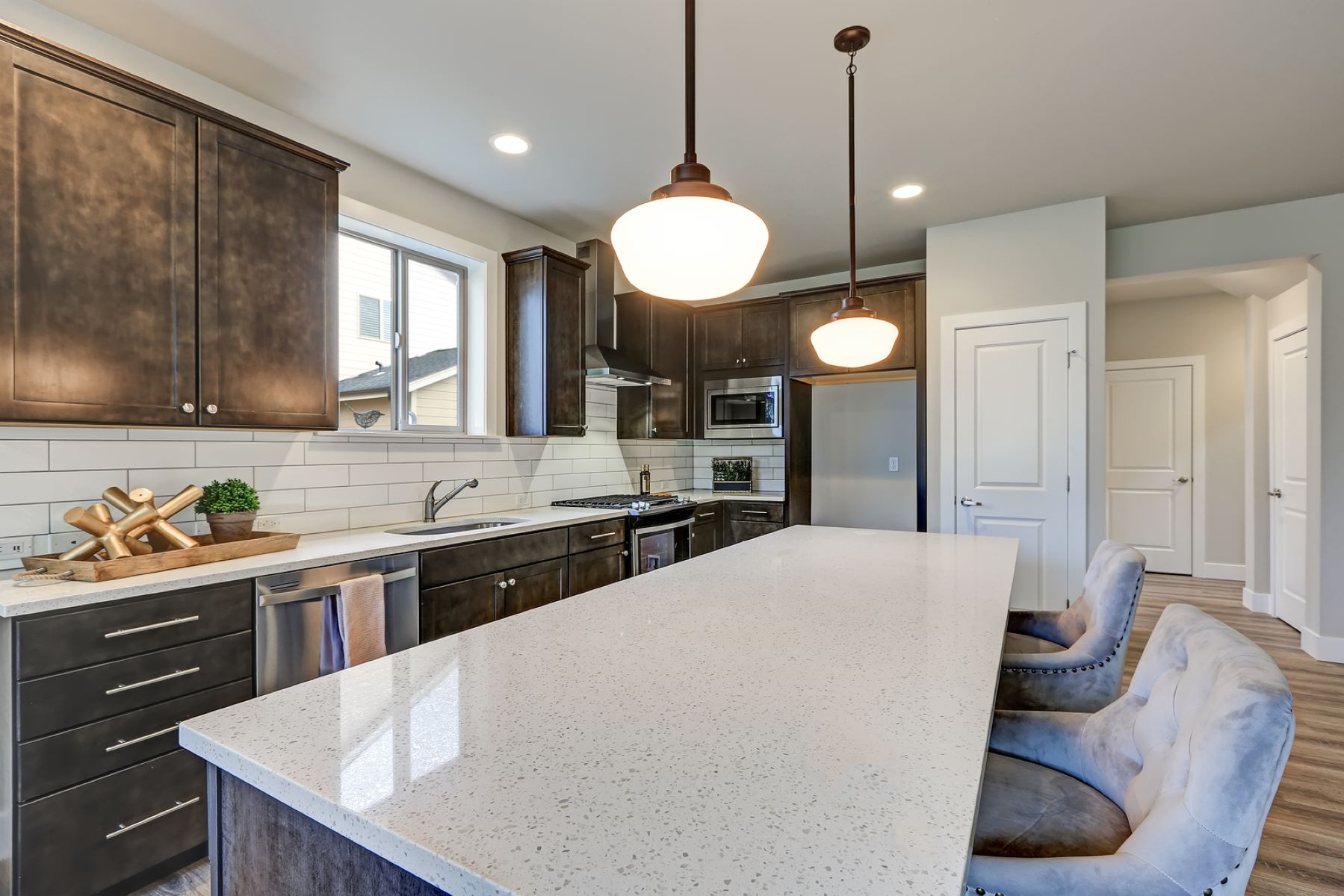
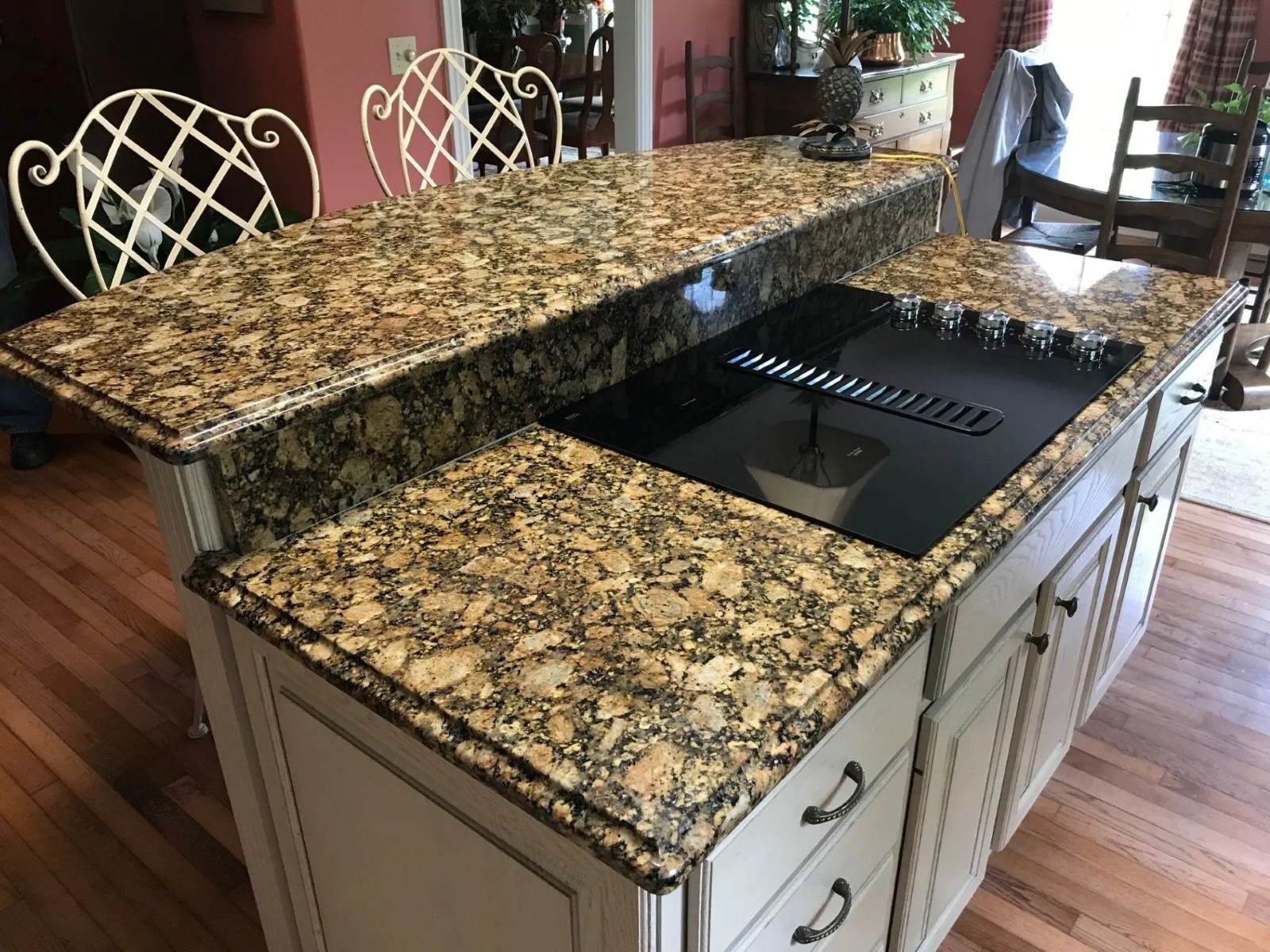
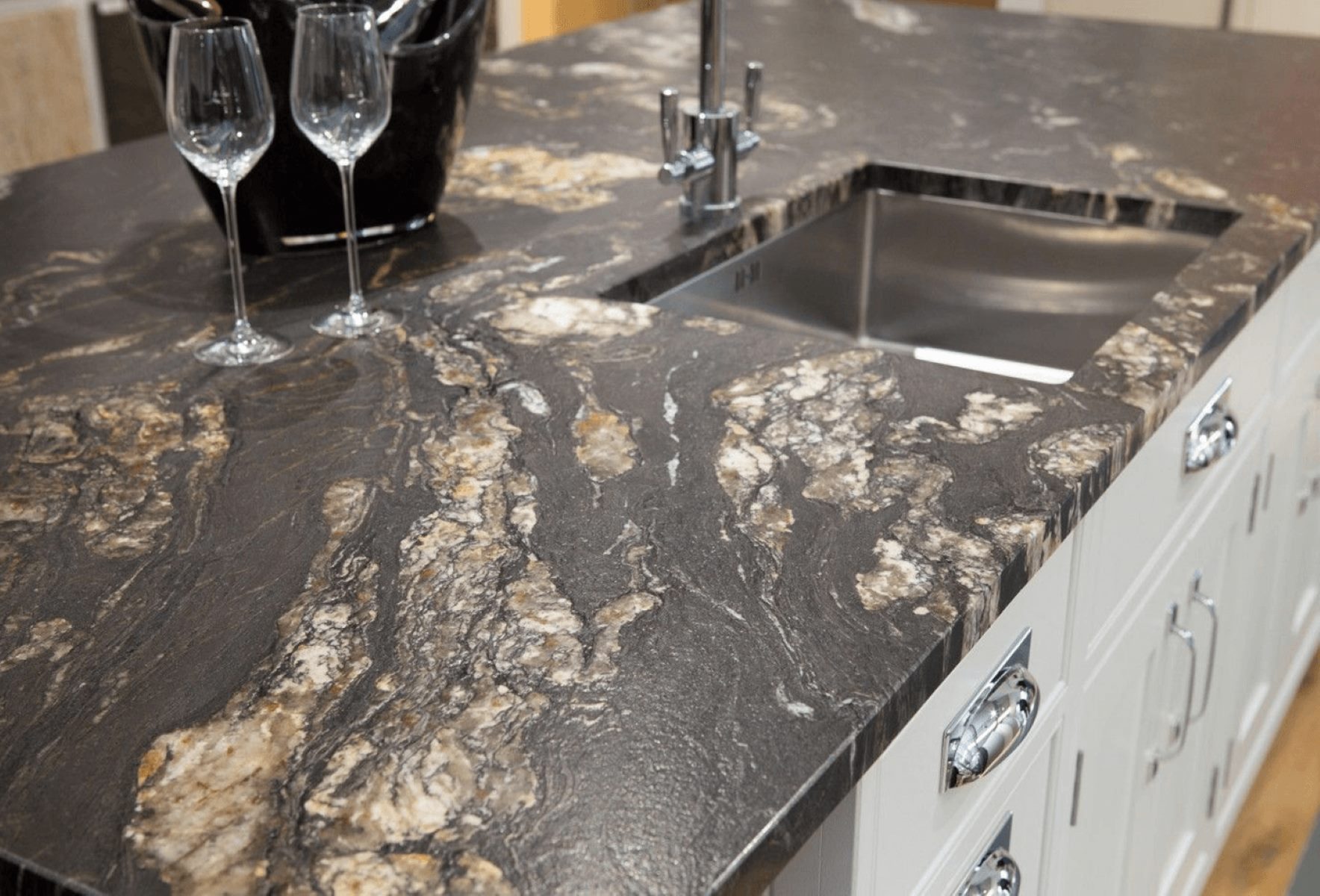
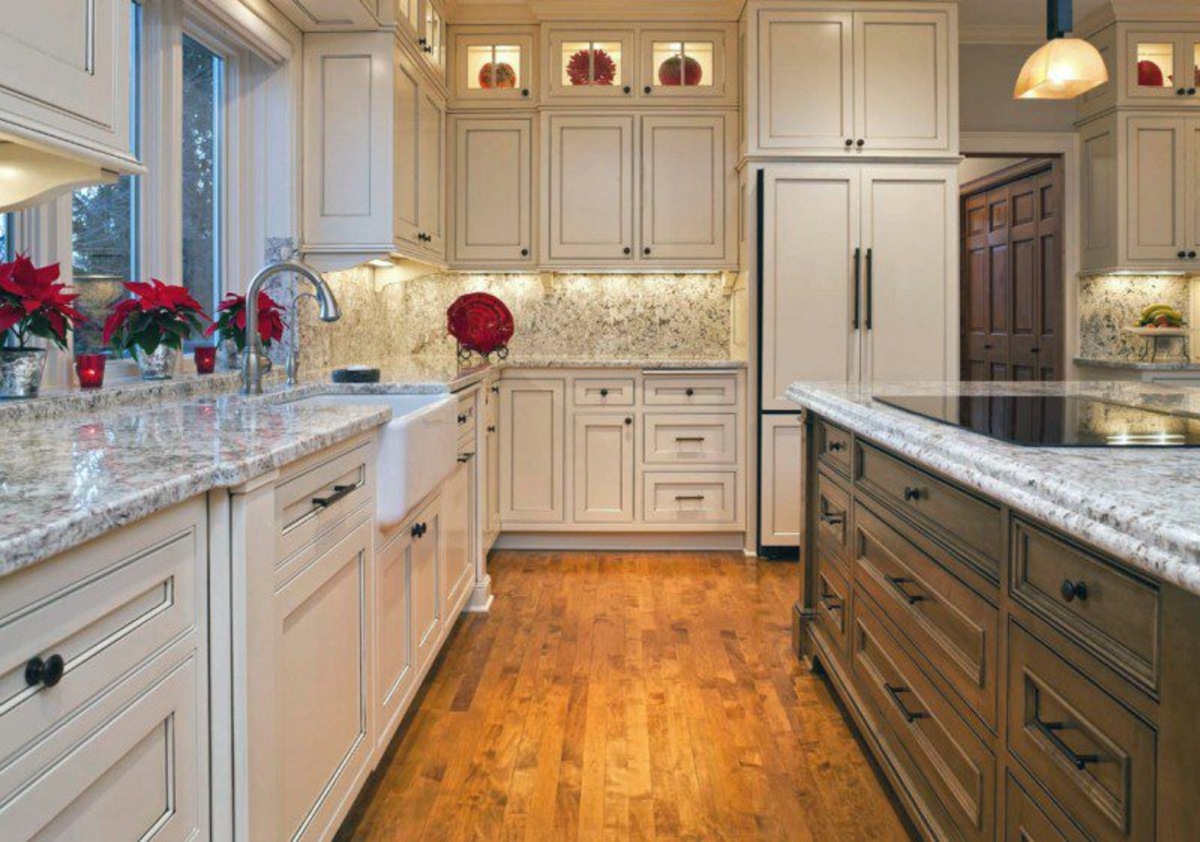
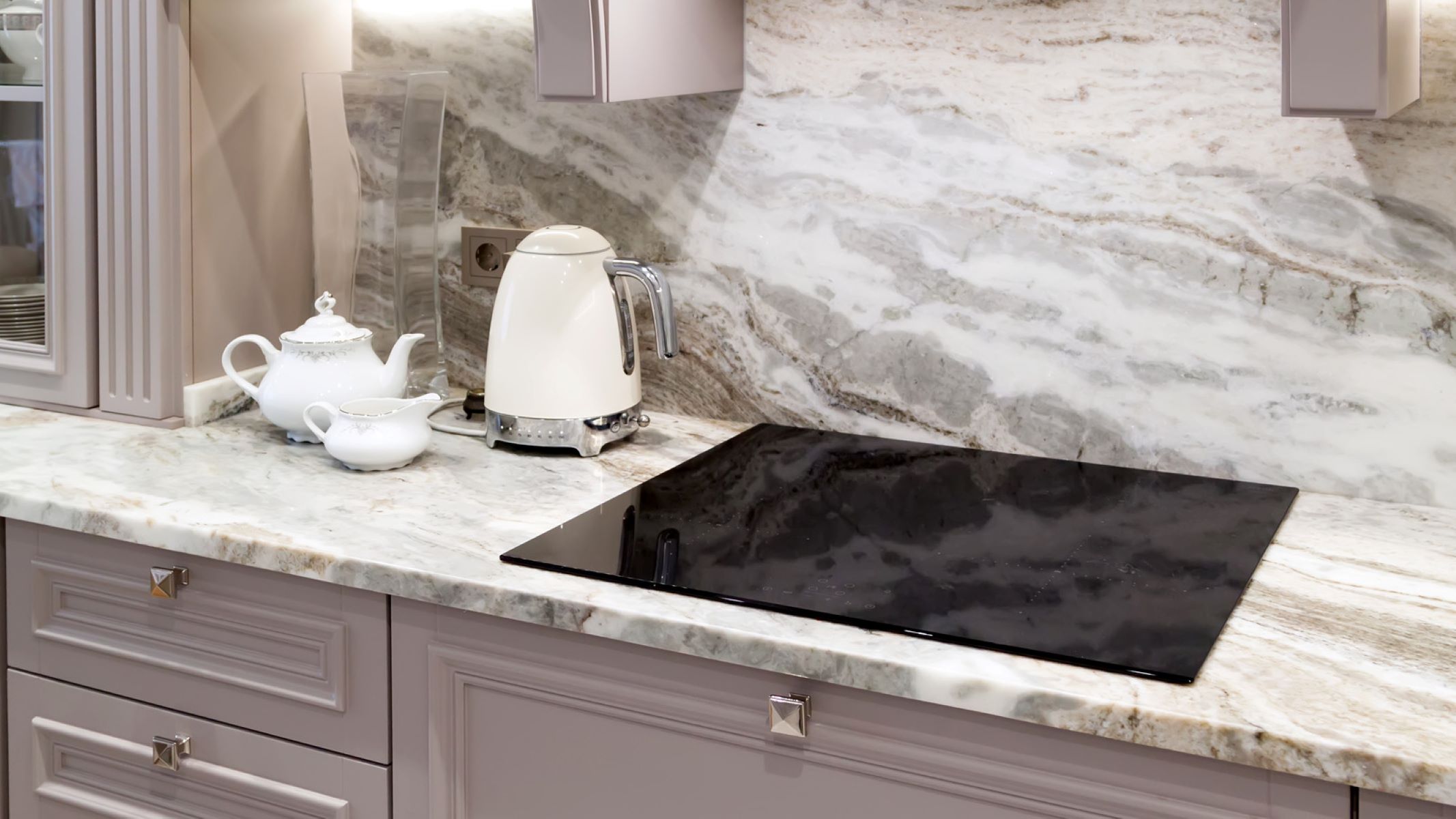

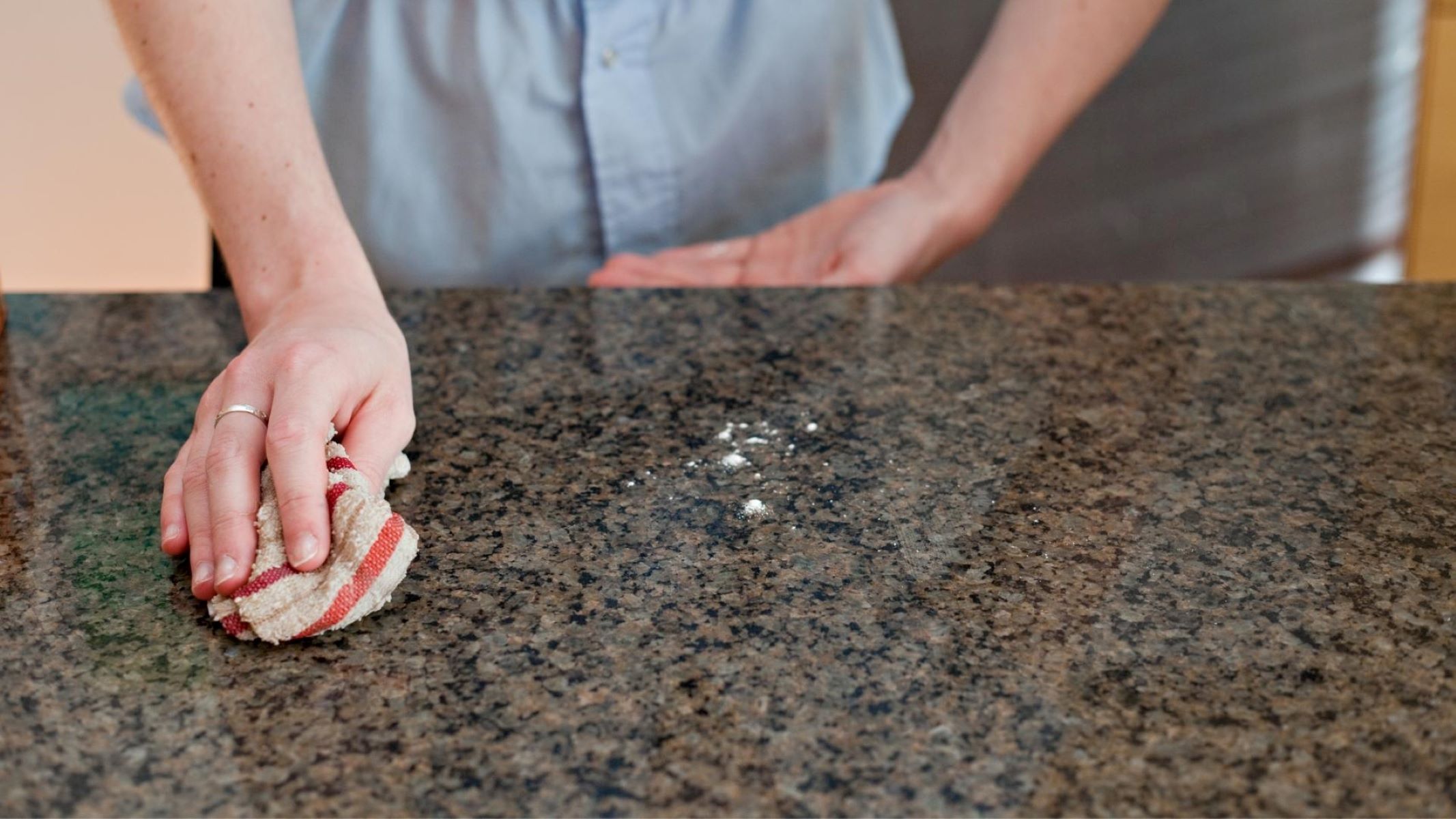
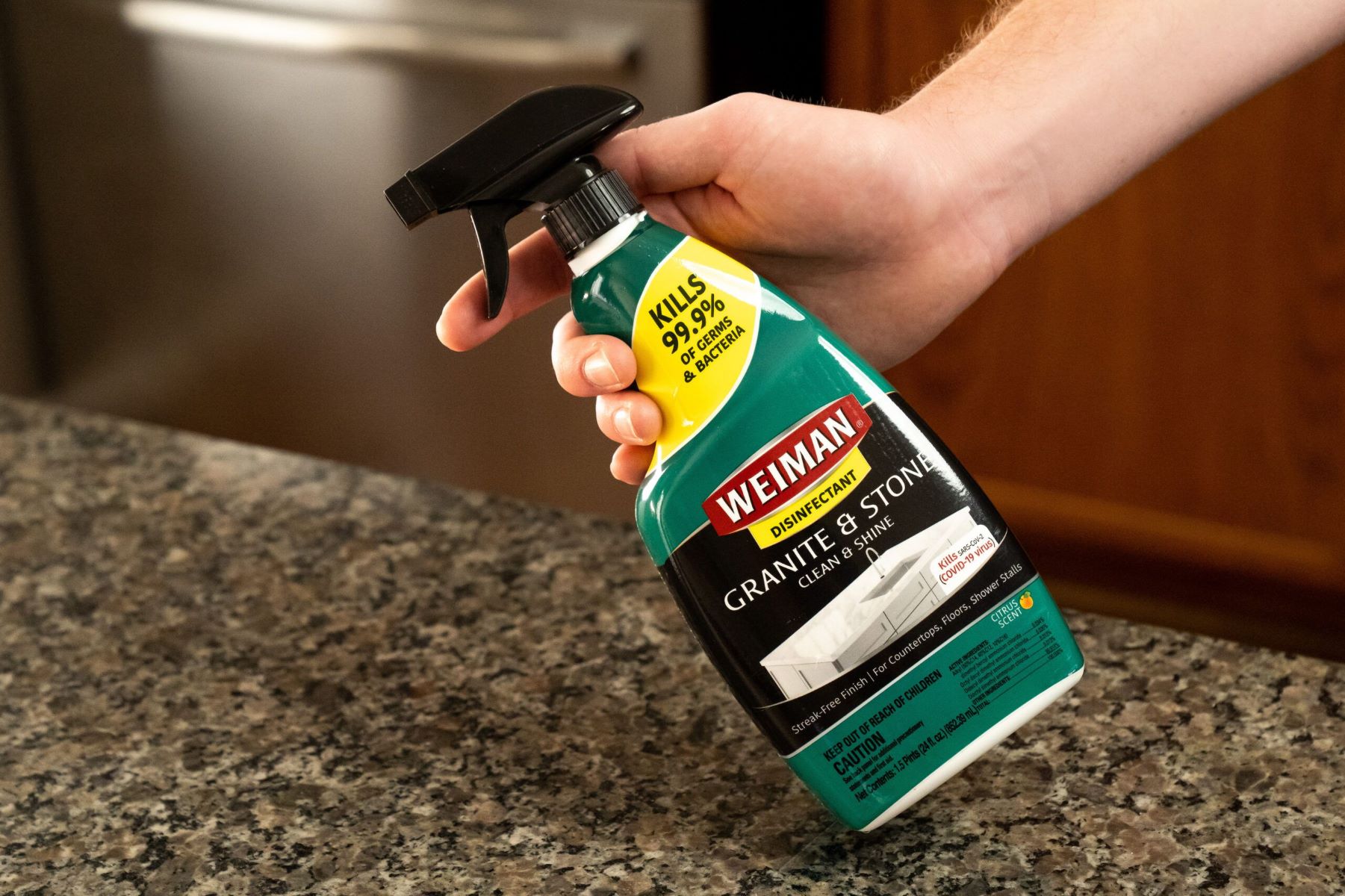
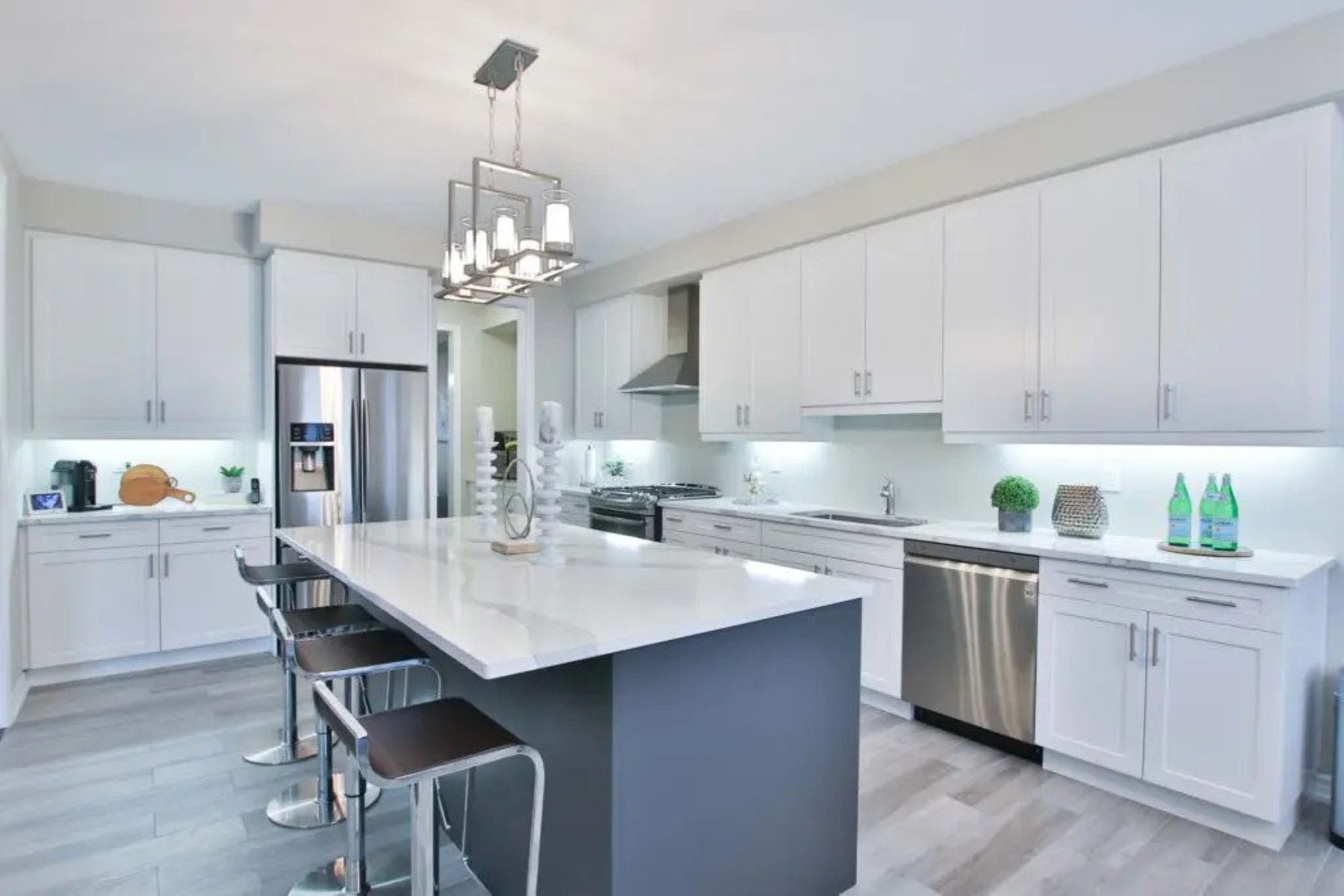

0 thoughts on “What Is More Expensive Quartz Or Granite Countertops”